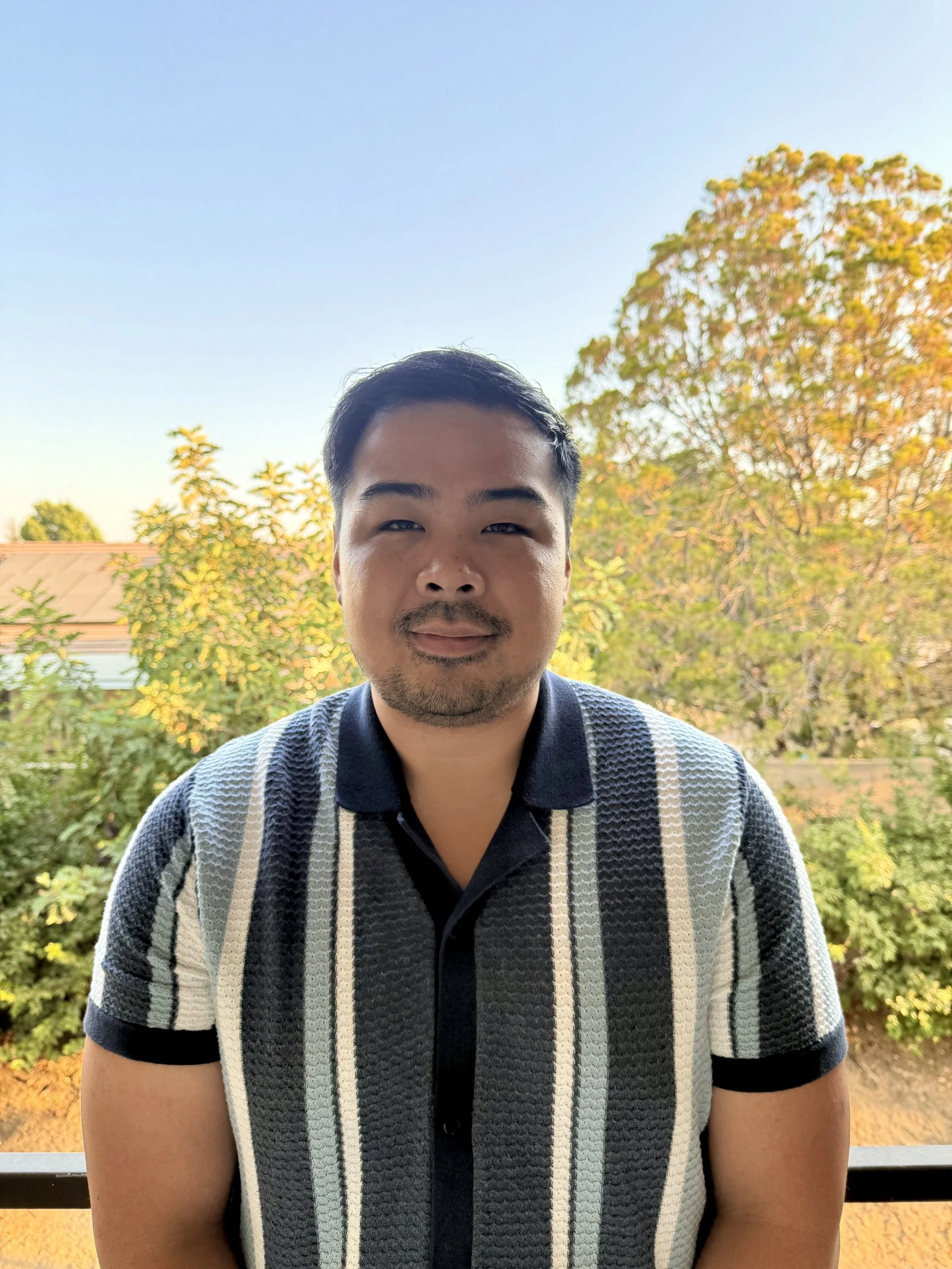Kenneth Camaclang, PsyD is a second-generation Filipino-American clinician. He earned a Bachelor of Arts degree from the University of California, Irvine, where he majored in Psychology and Social Behavior, with a minor in Biological Sciences, and worked in research related to emotion, social class, and inequality. Dr. Camaclang also holds a Master of Arts degree in Psychology, with an emphasis in Developmental Psychology, from Azusa Pacific University – University College, and a Master of Arts degree in Sport Psychology from the APA-accredited program at John F. Kennedy School of Psychology and Social Sciences at National University, where he also obtained his Doctor of Psychology degree in Clinical Psychology.
Currently, Dr. Camaclang is a Postdoctoral Fellow in Conscious Culture Psychology Clinic’s Advanced Clinical Health Psychology Fellowship Program. Prior to joining CCPC, he completed his APA-accredited doctoral internship at Kern Behavioral Health and Recovery Services, where he provided individual therapy for justice-involved adolescents and young adults, and psychological evaluations with clients of all ages. Dr. Camaclang has also received in-depth training providing individual and group therapy in inpatient and outpatient levels of care at Fremont Hospital in Northern California, group therapy for adolescents with eating disorders in residential care at Sunol Hills at Oakview, individual and group therapy with clients at the Pacific Center for Human Growth in Berkeley, California, and psychological evaluations to clients of all ages through the JFK School of Psychology and Social Sciences’ Psychological Assessment Clinic.
Dr. Camaclang’s current clinical and research interests include destigmatizing and decolonizing mental health through learning more about the impact of cultural perspectives, history, and development in order to promote culturally appropriate healing. His approach to assessment, conceptualization, and treatment is guided by both a psychodynamic lens that looks at how an individual’s early biopsychosocial development influences current functioning, as well as behavioral techniques found in Cognitive Behavioral Therapy (CBT) and Dialectical Behavior Therapy (DBT). Utilizing and integrating these evidence-based approaches allows for the flexibility and adaptability to meet the unique needs of clients with diverse diagnostic concerns and provide culturally sensitive and individualized care to empower clients to build upon currently existing strengths.

